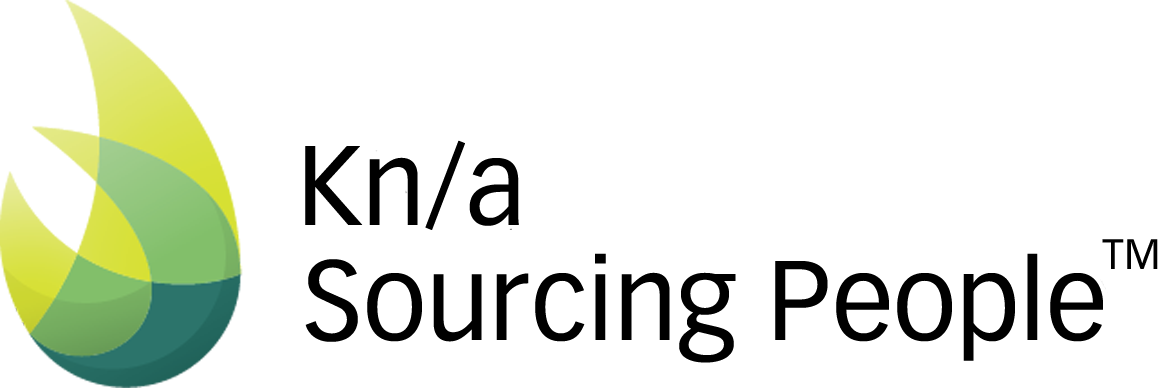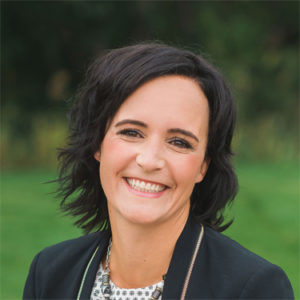“Remember that a person’s name is to that person, the sweetest and most important sound in any language.” – Dale Carnegie
Names matter
My name matters to me; I am Leanne. Leanne Matthes is the only name I use professionally.
It was recently brought to my attention that there is a level of distrust with regard to job seekers who are not using one consistent name. I’ve heard different versions of concern and frustrations over the years; “I can’t figure out which is their first or last name.” , “I can’t find them on LinkedIn.” , “Which is the correct way to spell their name?” and the most frustrating of all seems to be “Their name is different on LinkedIn then their resume, is this even the same person?”
At the end of the day when there is inconsistency and confusion, it can create a level of distrust between the potential employer and the candidate. It is my belief that this distrust is resulting, on occasion, in the lack of consideration of qualified candidates for suitable opportunities. It is also my belief that education is the best resolution for this situation.
In an effort to educate, I will outline the Canadian cultural norms with regard to names and naming practices. I’m only addressing the most popular cultural norms, as there are too many unique scenarios to take into account – if I were to go into each of them this will be of no value. There are no hard-set rules for names: however, in Canada everyone has a first and last name that they use consistently in their professional lives.
In Canada, the tradition and cultural norm is that a person has one first name, one or more middle names, and one last name. A person’s name is assigned at birth and will carry forward for their entire life. This is considered a person’s legal name and the spelling will remain the same as it is indicated on the legal forms completed when the baby is born. I will address each name in reverse order.
Last name
This is the family name, most commonly that of the father and it typically only changes with marriage or divorce. In Canada, it is most common for females to change their last name, not males. It is not required that someone change their name when they are married or divorced, and several people opt not to, or they’ll hyphenate the two names instead.
Middle name
These are rarely used in a professional setting. Occasionally a person opts to go by their middle name instead of their first and most often this was decided in that person’s youth. Middle names are often chosen to honour someone in their family, a grandparent or parent for example. A person can have no middle name, or several – it is most common for someone to be assigned only one middle name. Sometimes people will use their middle name along with their first name professionally if there are two people with the same first and last name. For example, if there were two Leanne Matthes, I might choice to use Leanne C. Matthes just so they know which Leanne Matthes I am.
First name
This is the name people call each other by. It is very common for the person’s first name to be shortened for ease during conversation, or to add distinction when there are several people with the same name.
Examples: Robert –> Robby, Rob, Bobby, Bob
Elizabeth –> Liz, Beth
Jason –> J, Jay
When a person opts to use a shortened version of their name, they will then use that consistently through their life as it will become the title of their personal brand.
Example:
Baby born: Robert William Johnson.
Through childhood he is called Bobby, and as a young adult his is referred to as Bob. Professionally he is Bob Johnson, and this is what his resume, email address, and LinkedIn profile are titled as. When he introduces himself to someone, he will use the name Bob, or Bob Johnson. When he is asked for his full name on legal forms, he will respond “Robert William Johnson”; you must use your legal name on legal forms. Legal forms are things like insurance or income tax forms.
Not all cultures have the same practices with regard to their names. I have been asking a lot of the newcomers who I work with to help me to a name that Canadian people will be able to remember and pronounce understand, and I now know that there are different times that different names are used. Also, when coming to Canada, there is often consideration made regarding what name to be called, as some feel it is important to choose easily.
Here are my thoughts on choosing the name you will be known by in Canada:
- Canadian people can and will learn how to pronounce your name, if you teach them and are patient.
- Sharing with people what your name means, or why your name was chosen will help others to appreciate the significance of it, and they’ll be more likely to put in the effort to honour your name by remembering it.
- If you opt not to use the name given to you at birth, it may be wise to discuss this with your family.
- Using a shorter version of your first name is likely the easiest.
- In Canada, the last names are always your legal last name. If you have changed your name, your past name is not relevant professionally and you will never use.
- Review your social media presence and email account, ensure that everywhere you are listed is citing the same name with the same spelling.
- It doesn’t matter what name you use, but it does matter that you use the same one all the time to identify yourself publicly and professionally.
I would love to learn more about how other cultures practice names and what norms are followed in other parts of the world. Please reach out to me if you have information that will be valuable, I will happily share what I learn in a follow up post regarding this topic.
*I support job seekers who are legally entitled to work in Canada and who are willing to commit long term to their new employer. I focus on supporting Saskatchewan – people and companies. If you are interested in finding work within Saskatchewan, or are looking for quality people to hire in Saskatchewan, please reach out to me at dawn@sourcingpeople.ca.
Photo by Oladimeji Ajegbile from Pexels




